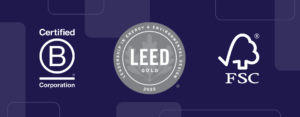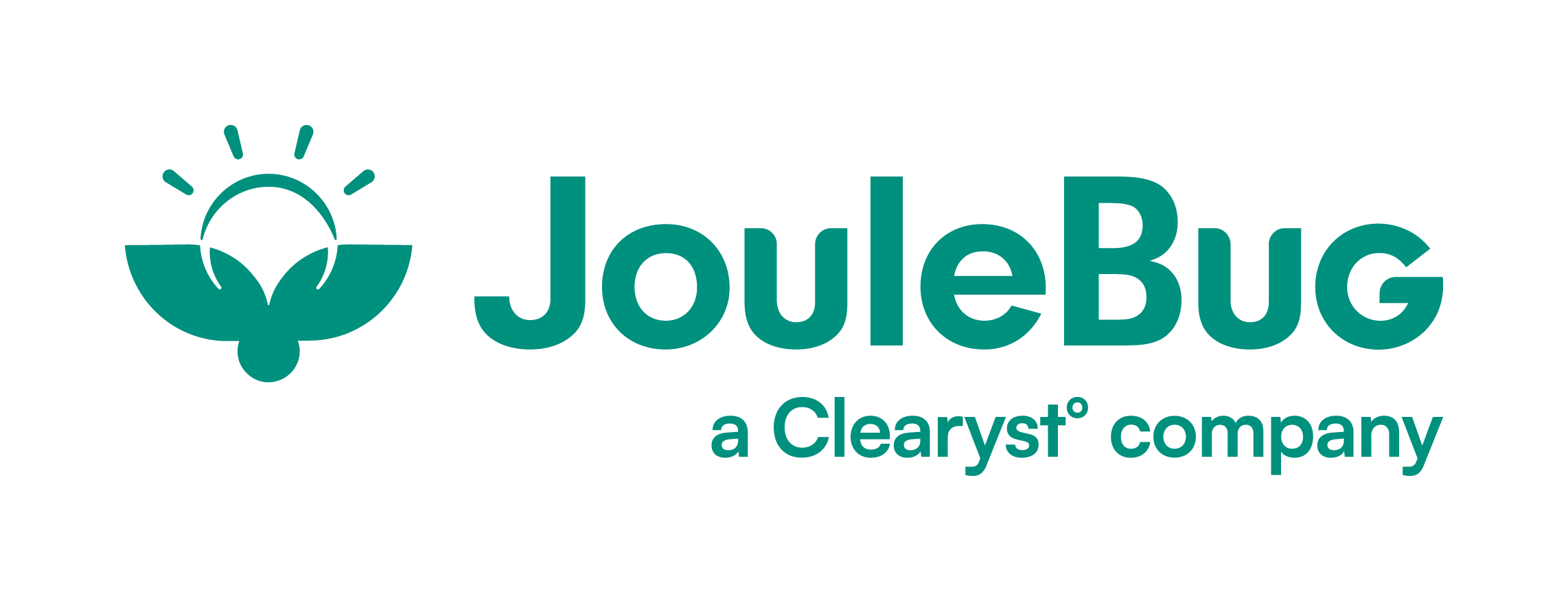As businesses continue to grow and evolve, so does the importance of Environmental, Social, and Governance (ESG) reporting and certifications. ESG reporting refers to a company disclosing its impact on the environment, society, and governance practices. At the same time, certifications are a way for companies to prove their commitment to sustainability and responsible business practices.
What are the different ESG reporting and certification options available to companies at various stages of the business lifecycle?
Note: The certifications available vary depending on the industry and focus. We're highlighting a handful of options to get you thinking.

Startup Stage
ESG reporting may still need to be a top priority for startups and early-stage companies. However, as these companies look to secure funding and attract customers, showcasing their commitment to sustainability and responsible business practices can be a valuable differentiator. Startups can begin by creating a sustainability plan that outlines their environmental impact and social responsibility goals. This plan can include everything from reducing energy consumption to promoting diversity and inclusion in the workplace. Startups can also consider obtaining certifications such as the B Corp certification, which recognizes companies' commitment to social and environmental performance, accountability, and transparency.
Startup companies need to focus on engaging their employees and building a culture of sustainability. JouleBug is here to help. JouleBug is an engagement platform that helps companies promote sustainable actions and track their progress towards sustainability goals. With JouleBug, startups can create challenges and competitions around sustainability goals, encouraging employees to take actions such as reducing energy consumption, increasing recycling and expanding beyond simple actions to more complex decision-making. JouleBug's data tracking and analytics capabilities allow startups to measure their progress toward sustainability goals and demonstrate their commitment to sustainability to investors and customers.
Growth and Pre-IPO Stages
As companies move into the growth stage, ESG reporting becomes increasingly essential. These companies are often more established and have a more significant impact on their environment and communities. In addition to creating a sustainability plan, companies in the growth stage should also consider conducting a materiality assessment to identify the ESG issues that are most important to their stakeholders. This assessment can help companies prioritize their sustainability efforts and ensure they are focusing on the issues that matter most. Certifications such as the LEED certification, which recognizes green building practices, can also be valuable for companies in the growth stage.
Leveraging JouleBug during the Growth and Pre-IPO stages offers numerous benefits, ranging from engaging employees and raising awareness to enhancing brand differentiation and attracting investors. By integrating sustainability into their core business strategies with JouleBug, companies can navigate the complexities of growth while driving positive environmental and social impact. It's a win-win for both the business and the planet.
Publicly Traded Stage
For companies in the maturity stage, ESG reporting and certifications are essential. These companies significantly impact their communities and must be transparent about their sustainability efforts. In addition to creating a sustainability plan and conducting a materiality assessment, companies in the maturity stage should also consider reporting their ESG performance using established frameworks such as the Global Reporting Initiative (GRI) or the Sustainability Accounting Standards Board (SASB). These frameworks provide a standardized approach to ESG reporting and can help companies communicate their sustainability efforts to stakeholders. International Standards such as the ISO 14001 for environmental management systems or the Forest Stewardship Council (FSC) certification for responsible forestry can also be valuable for companies in the maturity stage.
Publicly traded companies can leverage JouleBug as a strategic tool to engage employees, ensure regulatory compliance, enhance stakeholder communication, amplify the positive impact of suppliers, and strengthen their brand reputation. By integrating sustainability into their corporate strategy with JouleBug, companies can unlock new opportunities for growth, innovation, and value creation while contributing to a more sustainable future for all stakeholders.
Embracing ESG Reporting
ESG reporting and certifications are not just a trend – they are becoming a vital part of doing business in today's world. The certifications mentioned here are just a handful of what a company can obtain depending on industry and focus. By prioritizing sustainability and responsible business practices, companies can attract customers, investors, and employees who are increasingly focused on social and environmental issues. Whether a company is just starting or has been in business for decades, there are ESG reports and certification options available to help them demonstrate their commitment to sustainability and responsible business practices. By embracing these options and utilizing platforms like JouleBug, companies can create a more sustainable future for themselves and their stakeholders.

Are you ready to start your journey towards a more sustainable future? You can begin your free trial with JouleBug today and join us in getting prepared for Earth Month in April.
Let's work together to make a positive impact on our planet while enabling your organization to thrive. Sign up now and embark on the path to sustainability!





